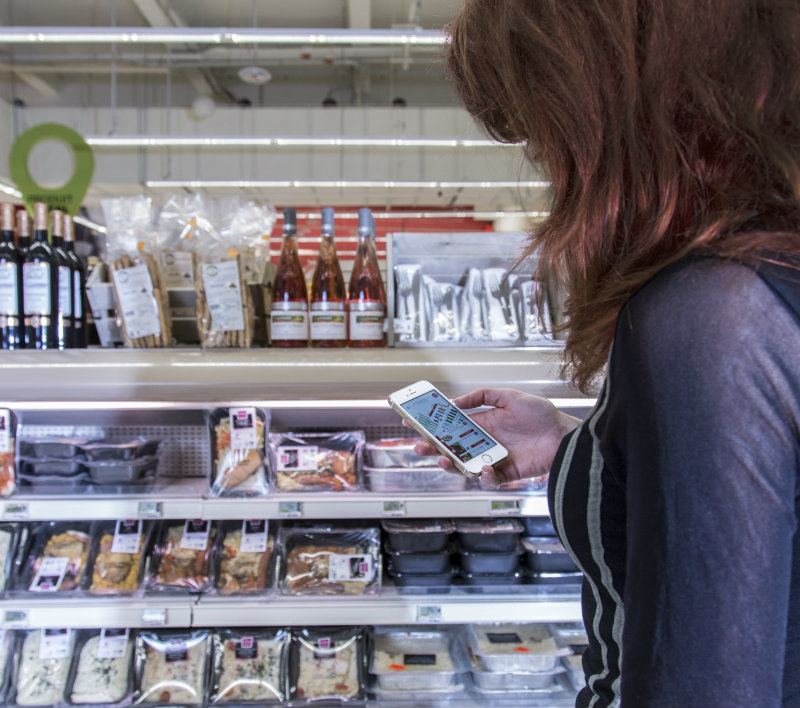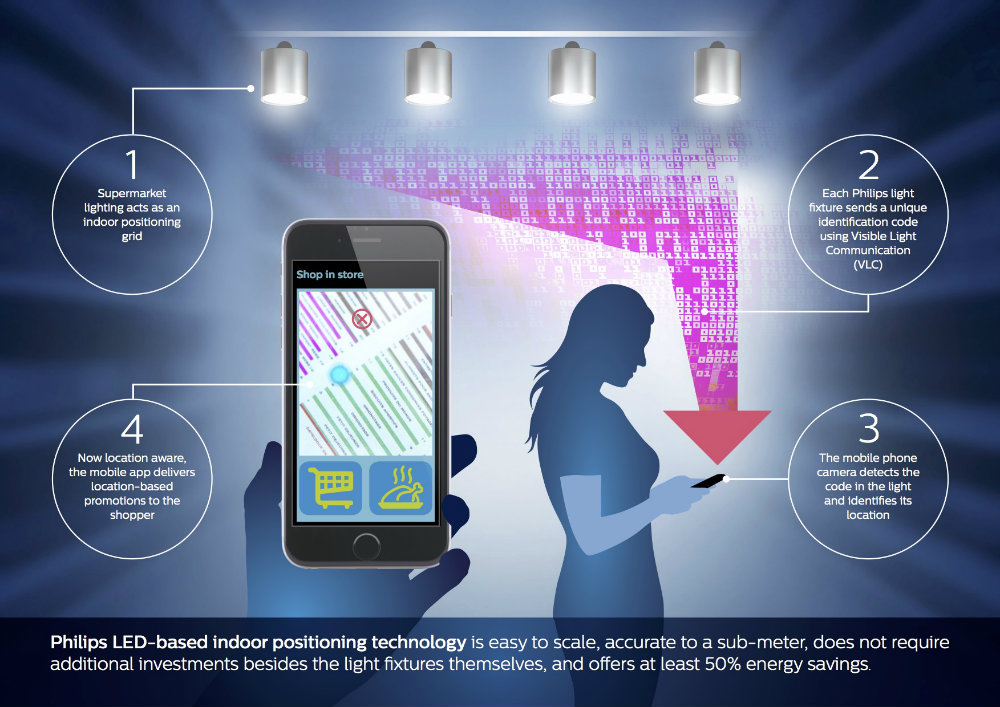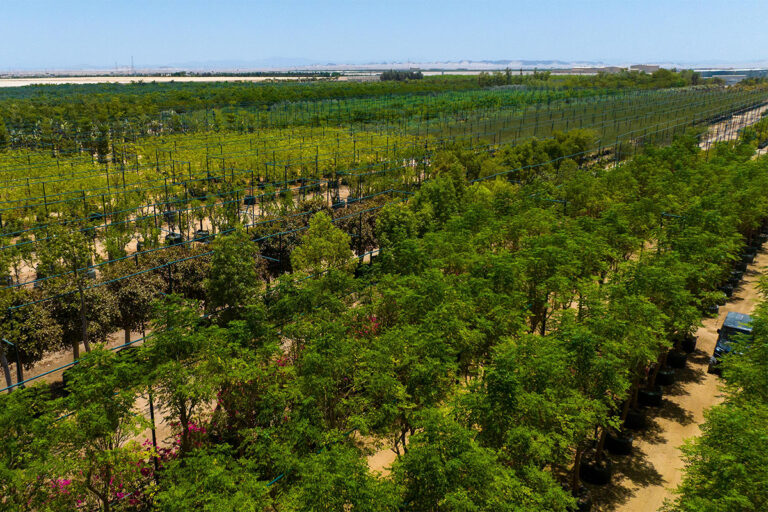After the two hottest years on record, the environmental and economic imperative is now greater than ever before.
 Few sectors have such a role to play in the quest for smarter energy use than lighting. “No industry can save as much energy as lighting,” states Eric Rondolat, the CEO of Philips Lighting. “The name of the game now is not to create more capacity to generate energy but to save energy. We in the lighting business can make a major contribution to changing that equation.”
Few sectors have such a role to play in the quest for smarter energy use than lighting. “No industry can save as much energy as lighting,” states Eric Rondolat, the CEO of Philips Lighting. “The name of the game now is not to create more capacity to generate energy but to save energy. We in the lighting business can make a major contribution to changing that equation.”
New technologies can deliver savings of up to 80 percent of the electricity consumption of lighting, Rondolat declares. Thanks to industry innovations, it is already possible to go twice as far as the energy efficiency targets of the COP21 agreement of December 2015.
“If we do not double the rate at which we improve our energy efficiency, we will still be consuming more energy than we save,” Rondolat says. “The main issue is to make sure that all stakeholders are more ambitious.”
“To develop the planet, we consume more. We have to make sure that we consume better.”
Eric Rondolat, CEO, Philips Lighting
Philips Lighting, which has been an independent company since an initial public offering in May 2016, is leading the charge to transform global lighting.
In markets around the world, the company is working with businesses, consumers, the public sector and technology companies to deliver the economic, social and environmental benefits of lighting innovation.

Some of the most pioneering work is being carried out in cities, where Philips Lighting is installing energy-efficient and sustainable connected LED lighting.
In Jakarta, the company is currently upgrading nearly 90,000 street luminaires at a record rate of 430 light points per day, each with the capability for remote monitoring and management.
Smart lighting systems can do more than just enhance public safety, reduce energy consumption and improve the urban landscape. In the future, a city’s lighting infrastructure and sensors will form an integral part of a giant data network, with the potential to support a host of smart city services from improved cellular coverage for smartphones to situational information for autonomous vehicles.
“We are only just beginning to scratch the surface of the potential of connected lights,” Rondolat reveals. “Of the 300 million street lights on the planet, just 12 percent are LED and only 2 percent are connected. It is a fantastic opportunity.”
In the retail sector, supermarket operator Carrefour has been one of the first companies to feel the business potential of new lighting technologies. The retailer is using connected LED supermarket lighting from Philips Lighting to deliver location-based services to shoppers’ smartphones.

The connected lights act like an indoor GPS, transmitting location information to a smartphone app which then leads customers to items and promotions in the store. Not only does the new lighting system reduce energy consumption by 50 percent, but it enables Carrefour to enhance the customer experience and engage better with shoppers.
“We will need companies everywhere to urgently rise to the challenge if we are to achieve our climate goals.” Lise Kingo, Executive Director,
UN Global Compact
To maximize the potential of lighting innovation, Philips Lighting has developed close research and development partnerships with a series of start-ups, universities and technology giants such as Cisco, SAP and Vodafone, and integrates with smart home platforms from Amazon, Apple, Google and Samsung. By 2020, it expects its revenues from sustainable lighting to represent 80 percent of the total, up from 72 percent in 2015. Also in 2020, the company’s will be using 100 percent renewable electricity and its operations will be entirely carbon neutral.
“For us, sustainability is a double win: a driver for economic growth and a means of advancing the planet,” Rondolat affirms![]()









